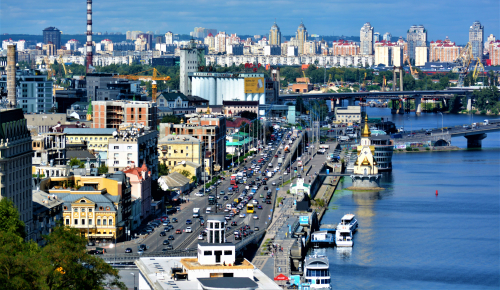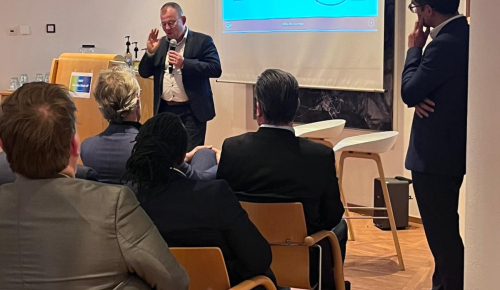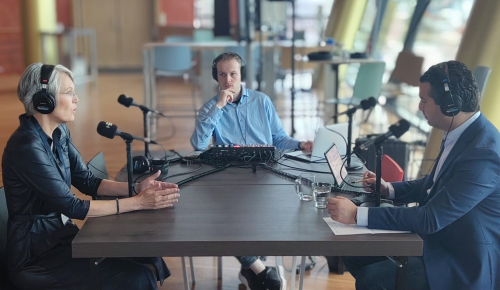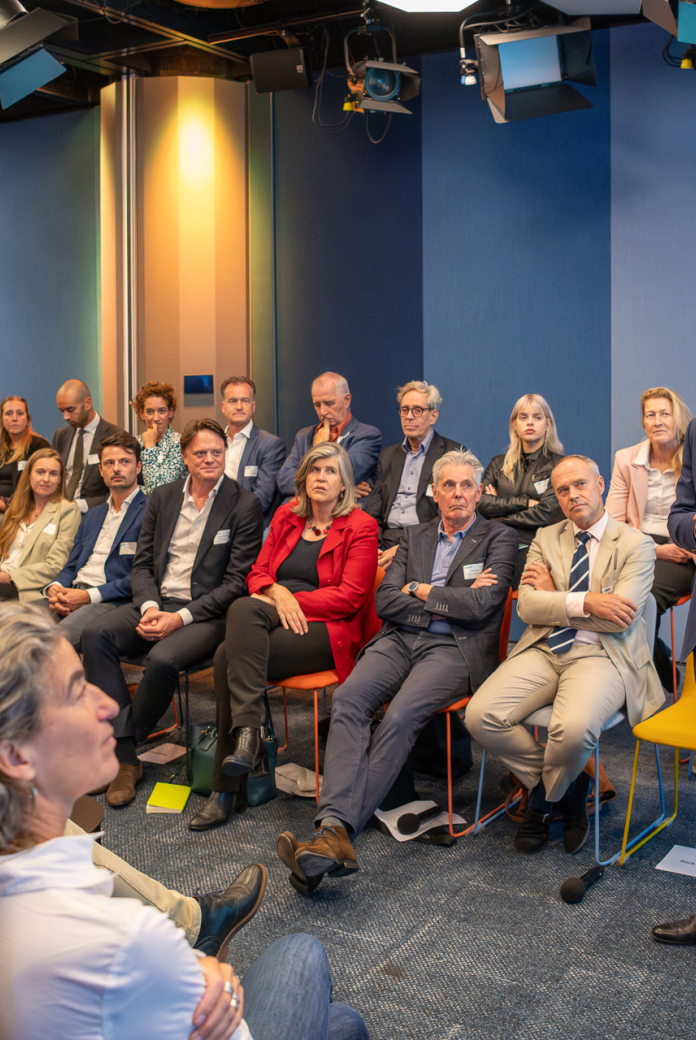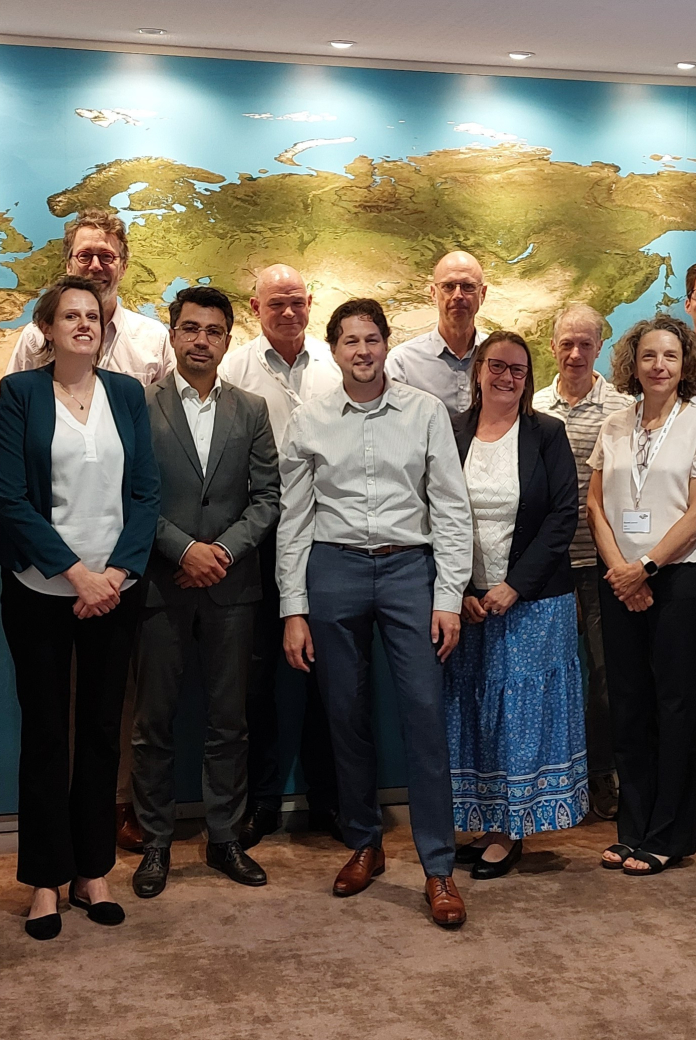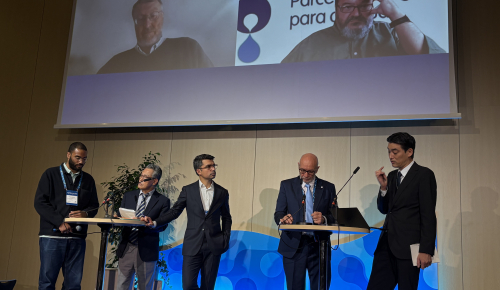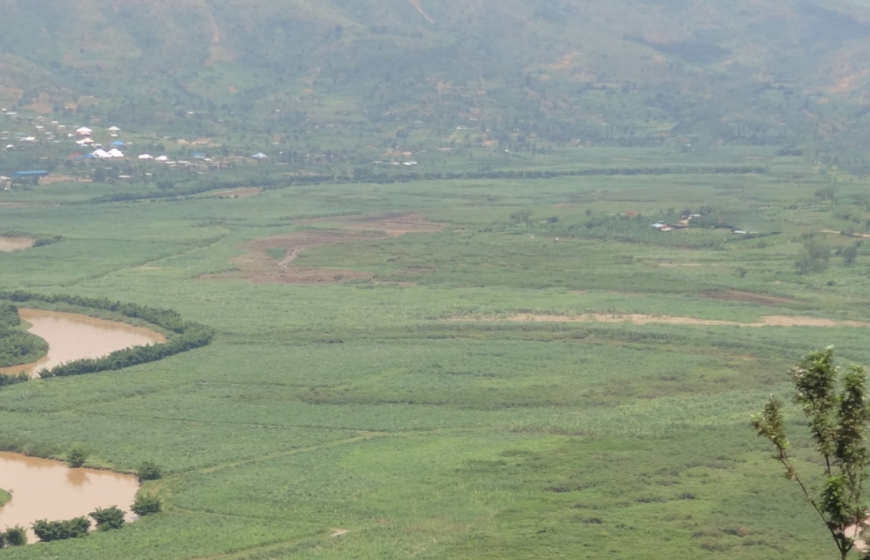
Access to finance and knowing the aspects of a project that are most likely to lead to a successful outcome in the long term, remain a mystery for many Dutch companies. This is especially true for companies looking to carry out projects in low and middle-income countries. Netherlands Water Partnership (NWP) newcomer, TechForce Projects, founded in 2016, is helping companies overcome these challenges.
Steven Gajadin, Partner at TechForce Projects, points out that although funding opens doors, many projects still get stuck because of obstacles that arise during the implementation phase. He believes that a healthy balance between a solid business case, social impact and locally embedded partnerships – the key ingredients – is fundamental if a project is to be sustained in the long term.
Gajadin explains: “Whatever you are building or developing, right from the early stage you need to have a clear vision of after the project cycle. This information allows us to help you find the right partners and move it forward.”
TechForce Projects is a sister company of TechForce Innovations, a Dutch consultancy specialised in developing funding proposals; project management of public private partnerships; and, commercialising new product-service combinations. As an expert in all stages of grant application, the company guides the process from project ideation, proposal writing, securing financing, all the way through to coordinating implementation – including partnership management, operational planning, monitoring and evaluation (M&E), budgeting and control. Gajadin describes how TechForce is helping communities make their projects more sustainable.
Food security, inclusion and the environment
‘We work in East Africa (Rwanda, Uganda, Kenya and Tanzania), West Africa (Ghana, Ivory Coast) and Southeast Asia where we implement sustainable project intervention strategies in agriculture and food security, water, the circular economy and waste management. We are able to contribute to the development of the local private sector, the inclusion of smallholder farmers, opportunities for women and youth, and environmental sustainability. By drawing on our own experiences and the knowledge and experience of our public and private sector partners, we think beyond the project phase and explore ways to build a viable business case with a long-term vision and results.
Connecting expertise through NWP
We work a lot in agricultural projects in developing countries. Wherever there is agriculture, there will always be a need for water. We joined NWP so that we can connect our ongoing and future projects to the water expertise available among NWP members and work together on solving local water-related challenges. In addition, we are available to advise and support members in securing funding and implementing water-related projects in developing countries.
Opportunities do not stop at the border
We are drawn to projects that can provide a long term and beneficial result for their communities. Climate change and its impact on water and water management are important issues. For example, water shortages and unreliable rainfall are creating demand for irrigation solutions. In our projects in Tanzania, we see a lot of small-scale farmers who either lack access to water or are using traditional irrigation methods. These methods are often inefficient, ineffective and unsustainable. We believe this could be an opportunity for Dutch companies to demonstrate their cost-effective water technologies at one of our project’s demo plots.
Take time to build relationships and customise
One of the biggest challenges for Dutch companies doing business outside Europe is the time it takes to build local relationships with public and private sector stakeholders. We believe that a successful track record on the ground plus local representation that is familiar with the technology or type of project you wish to implement, significantly contributes to building trust in the early stage of a partnership. Another point is that the business case should take into account the local context in combination with the Dutch perspective. Not all projects can be successfully replicated outside of the Netherlands.
Sugar: Make It Work (IITI), Rwanda
In Rwanda, we coordinated and implemented a public private partnership project called, Sugar: Make It Work. This project involved the rehabilitation of marshlands in Rwanda through a water drainage system that included drainage canals, culvert bridges, outlet structures and riverbank fortifications. Around 2,008 hectares of marshland were successfully reclaimed and developed for sugarcane cultivation. This resulted in an increase in sugarcane yield from nine newly formed farmers’ cooperatives and an increase in sugar production by Rwanda’s local sugar factory.
EAT: FRESH, Tanzania
In Tanzania, we set up the EAT: FRESH project, a public private partnership in the horticulture value chain of the Southern Highlands. TechForce Projects is coordinating the implementation of the project which is focusing on making the Iringa and Njombe regions viable sources for the production of three high-value horticulture crops: French beans, snow peas and avocados. Approximately 12 farmers’ organisations with about 2,253 smallholder members will be trained on agronomy, land use management and organisational development. They will receive support in investing in agro-logistics such as cold chain infrastructure, processing, sorting and grading capacity, production of eco-friendly fertiliser, and creating commercial relations with EU export markets.
Practical field training is done through demonstrations at four pre-selected FRESH hubs. These are places where farmers, processors and government stakeholders can meet, participate in demonstrations, and receive training and advice. Demo fields with drip irrigation systems have been set-up at the hubs to demonstrate the benefits of the efficient use of water, as well as the proper use and added value of eco-friendly fertilisers. We are taking the leading role in demonstrating that Tanzanian farmers can grow organic crops profitably by using commercially available organic inputs. This year we will apply for the organic certification of avocados grown by farmers in the project and will be the first to supply organic avocados to the EU market. This will be a game-changer for Tanzanian horticulture.
A phased approach to financing
In addition to the Dutch Government’s funding mechanisms, Techforce Projects has experience with various grant programmes, subsidy facilities and loan instruments provided by governments of other European countries as well as at EU level. Accessing these programmes is rarely straightforward and requires thorough analysis and preparation. We are able to guide you through this grant application process, find the right funding opportunity that matches your project scope and stage, and support you in turning a good idea into a game changing project!’
Like to know more?
You can get in touch with Steven Gajadin on +31 35 622 96 21 or at email: s.gajadin@techforce.nl.
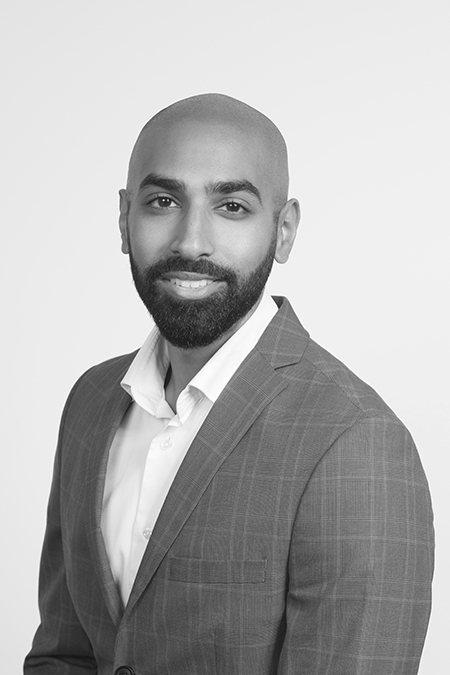
Featured NWP members: Techforce Projects
